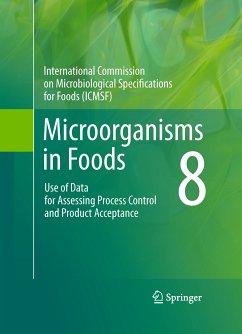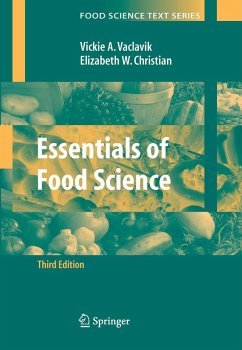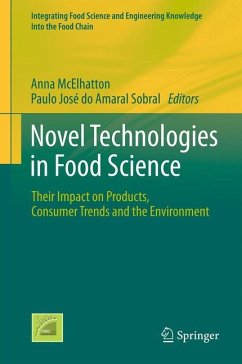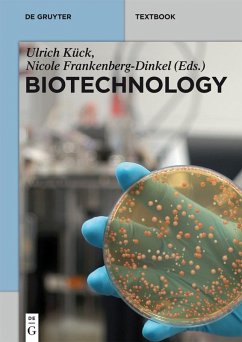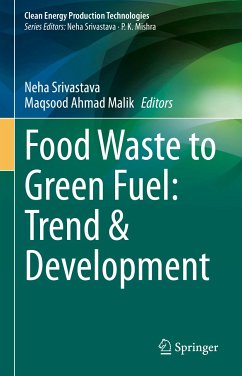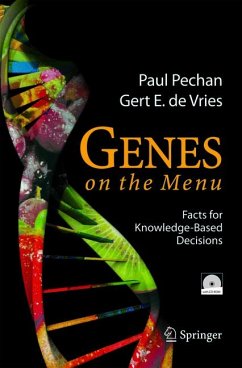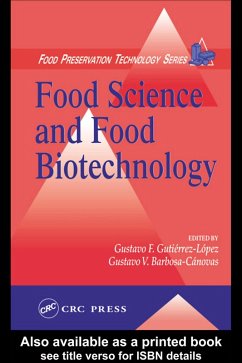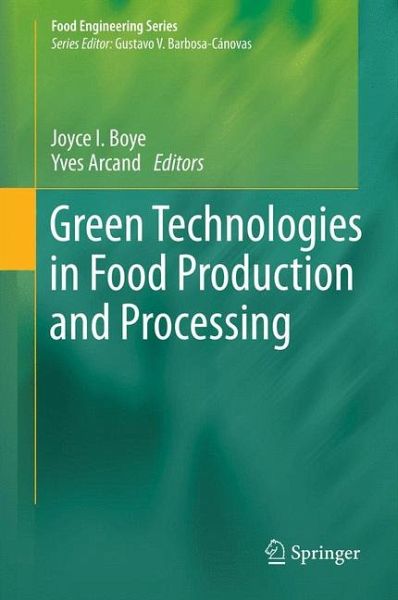
Green Technologies in Food Production and Processing (eBook, PDF)
Versandkostenfrei!
Sofort per Download lieferbar
80,95 €
inkl. MwSt.
Weitere Ausgaben:

PAYBACK Punkte
40 °P sammeln!
This book will review the current status of the agriculture and agri-food sector in regard to green processing and provide strategies that can be used by the sector to enhance the use of environmentally-friendly technologies for production, processing. The book will look at the full spectrum from farm to fork beginning with chapters on life cycle analysis and environmental impact assessment of different agri-food sectors. This will be followed by reviews of current and novel on-farm practices that are more environmentally-friendly, technologies for food processing that reduce chemical and ener...
This book will review the current status of the agriculture and agri-food sector in regard to green processing and provide strategies that can be used by the sector to enhance the use of environmentally-friendly technologies for production, processing. The book will look at the full spectrum from farm to fork beginning with chapters on life cycle analysis and environmental impact assessment of different agri-food sectors. This will be followed by reviews of current and novel on-farm practices that are more environmentally-friendly, technologies for food processing that reduce chemical and energy use and emissions as well as novel analytical techniques for R&D and QA which reduce solvent, chemical and energy consumption. Technologies for waste treatment, "reducing, reusing, recycling", and better water and energy stewardship will be reviewed. In addition, the last section of the book will attempt to look at technologies and processes that reduce the generation of process-induced toxins (e.g., trans fats, acrylamide, D-amino acids) and will address consumer perceptions about current and emerging technologies available to tackle these processing and environmental issues.
Dieser Download kann aus rechtlichen Gründen nur mit Rechnungsadresse in A, B, BG, CY, CZ, D, DK, EW, E, FIN, F, GR, HR, H, IRL, I, LT, L, LR, M, NL, PL, P, R, S, SLO, SK ausgeliefert werden.




